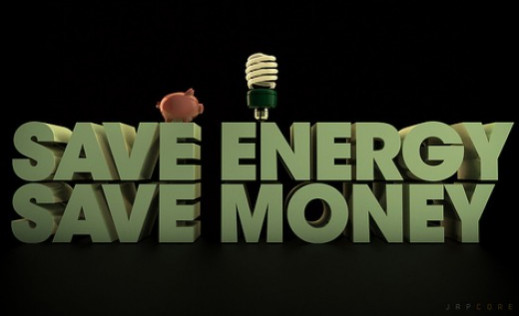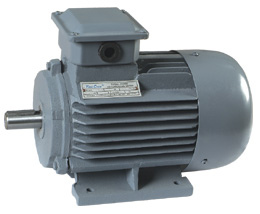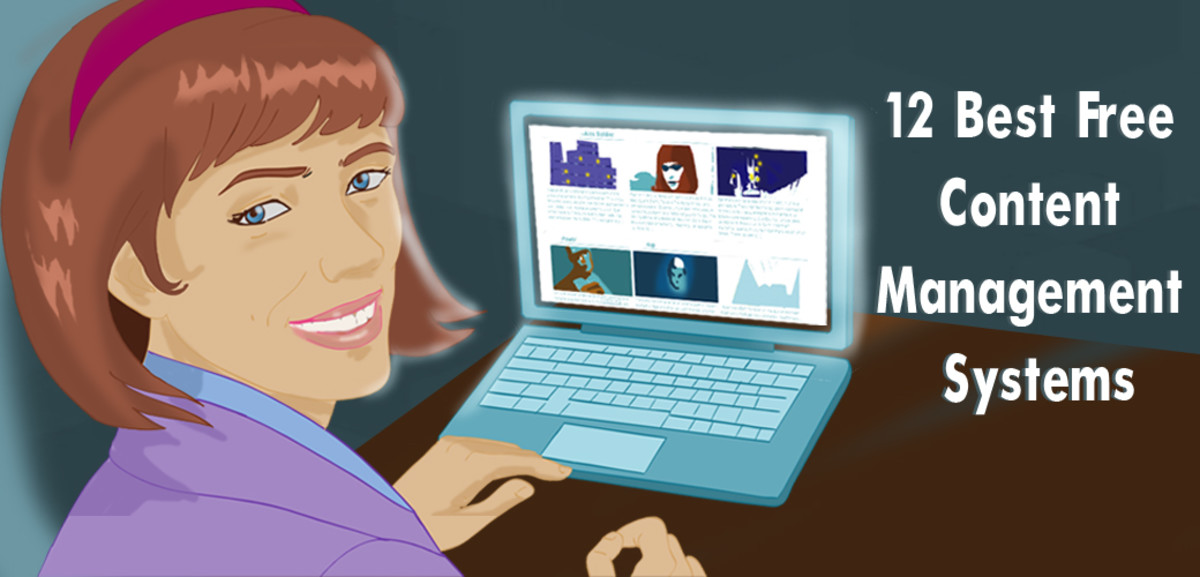How to save energy: Innovative ways to save on energy.
How to save energy bill

Innovative ways to save on energy to reduce electric bill
With increasing competition and narrowing margins, the growing concern of the companies especially for the energy-intensive industries is, how to save energy bill, which is at the core of their strategic business decisions to save money.The only answer to this growing concern of the companies is to find out ways to save on energy through innovative energy management systems. The competitive advantage of the energy-intensive industries is often influenced by energy costs, which can only be controlled if we are committed to a strategy focused on efficiency rather than initial costs. Innovative energy management systems can help a company to identify and prioritize implementation of the inventive ways to save on energy to reduce electric bill and eventually improve its bottom line.

How to save on energy bill through imaginative energy management systems
Today electricity cost is the most controllable variable and is easier to reduce through imaginative ways to save energy as compared to other factors such as material, labor, interest and depreciation. Merely knowledge of how and where you use energy can bring in up to 10% savings without any capital investment. Studies indicate that through innovative energy management systems industries have the potential to save on electric bill varying from 10 to 50 per cent. If companies apply proven efficiency technologies and practices like targeting improvement in motor efficiency, considerable savings in electric bills can be achieved. The U.S. Department of Energy (DOE) says motors in industrial processes use 63% of the electricity consumed by industrial plants and potential savings from improving electric motor efficiency is up to 18% in electric consumption.
Choosing the best ways to save energy
Energy management system can be broadly classified into demand side and supply side management. While the former deals with making specific changes in energy consumption patterns to reduce power cost without affecting the existing output levels, the latter involves cost-effective and reliable supply of power. The choice of best ways on 'how to save energy bill' that work for an enterprise to save money on power bills and optimize its profit margin are highly specific to the particular firm or production unit.
Demand side management to save on energy bill
In service and manufacturing sector, heating, ventilating and air conditioning, electric motors provide huge opportunities to the enterprises to rationalize demand. Most of the ways to save on energy in this segment comprise re-engineering or retro-fitting to reduce thermal load. Some of the innovative solutions to save on electric bill may include, using variable frequency drives (VFD) for pumps, replacing old motors with energy efficient motors, replacing insulation to prevent radiation loss from heat carrying surfaces, optimizing the chiller-running hours etc. Lighting is another area that has wide scope to reduce electricity bills substantially. The typical energy savings in this context, involve use of Compact Fluorescent Lamps, energy efficient electronic ballasts etc. through replacement or retrofits. The pay back period is generally short, ranging from 18 months to 24 months, thus making the process economically attractive.
Supply side management
On the supply side energy management system, self generation in key energy-intensive industries in India which ranges from 50 to 100 per cent of the total power consumption plays a vital role in energy solutions. There are also small commercial entities that deploy back-up power units to compensate for grid power shortages. Large industrial users typically benefit from lower unit costs arising from economies of scale in self-generation. For small entities the advantages lie in business continuity from back-up power. Such local generation solutions not only ensure reliable power supply but also avoid system losses in transmission and distribution network and eventually save on electric bills.
Not all the solutions suggested above on 'how to save on energy bill' require huge investments but needs development of an investment plan to achieve energy efficiency where ever necessary. Measures such as installation of VFDs, optimizing voltage and frequencies of own generation and fine-tuning of existing pumps and motors involve very low levels of investment that are capable of generating high levels of energy and financial savings. These measures are especially advantageous for the large numbers of small firms that have limited capital to invest in expensive energy management program.
Conclusion
In a nutshell, the objective of the energy management systems of a company should be to identify and study the potential areas and to carry out analysis with measured data in order to evaluate the energy cost savings potential and the investment required to implement the typical solutions to address the company's increasing concern about 'how to save energy bill'.
With today's technologies your business has the scope to reduce electric bills by up to 40% which can translate into a 10% reduction in overall operating costs and proportionate increase in the profit margin. In India, many early adopters of Energy Monitoring and Management Systems (EM&MS) in both manufacturing and service sectors through the providers of inventive energy management services, have seen results in the form of considerable reduction on energy bills. This seem to suggest that the payback period for availing the services of such agencies towards implementation of the innovative ways to save on energy is actually in weeks and months and not in years.






